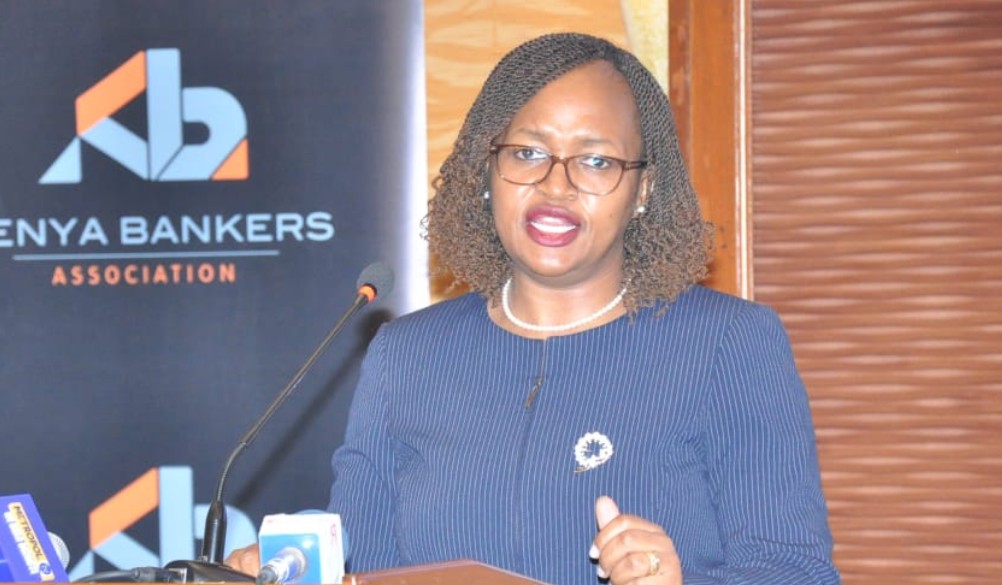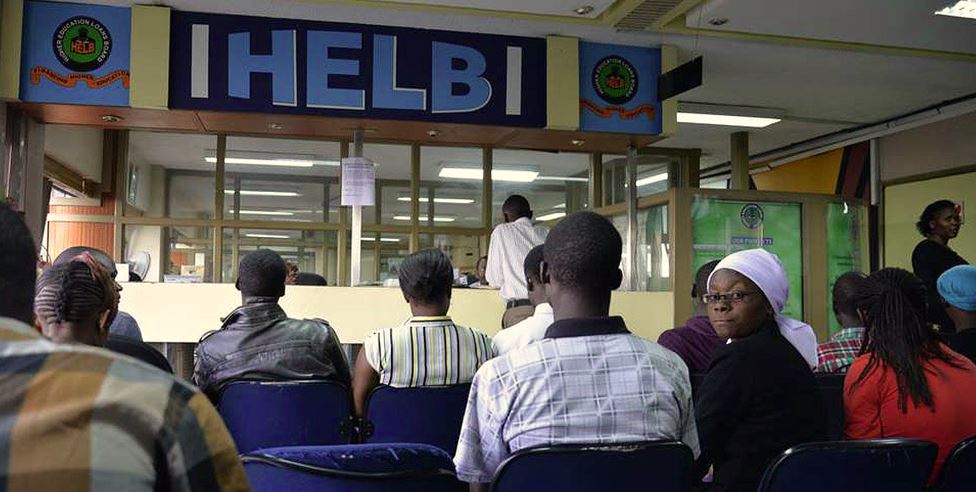Fuel stations given until June to integrate with KRA's eTIMS system

The system promises to streamline fuel station operations while ensuring that every transaction is electronically captured and transmitted to KRA in line with tax laws.
All fuel stations across the country have until June 30, 2025, to fully integrate with the Kenya Revenue Authority’s (KRA) newly launched eTIMS fuel stations system, aimed at enhancing tax compliance and transparency in the petroleum sector.
The eTIMS fuel stations system will enable real-time electronic invoicing by integrating directly with a station’s forecourt controller, computerised sales system, fuel management platform, point of sale or printer, depending on the level of automation.
More To Read
- Tourism and agriculture leading in hiring as other sectors stumble
- Treasury reports fastest tax growth in two years amid July protests
- Treasury to deduct county employee dues at source, ends years of non-remittance
- KPA’s tariff hike draws uproar ahead of September rollout
- Blow to governors as Treasury advances integrated revenue collection system
- KeNHA revises Isiolo-Mandera road project, adds new features to enhance cross-border links
In a statement on Tuesday, KRA said the system, which is part of its broader tax modernisation agenda, is designed to replace the use of traditional electronic tax registers (ETRs) that had proven inefficient in fuel dispensing environments, often leading to operational disruptions and instances of non-compliance.
The system promises to streamline fuel station operations while ensuring that every transaction is electronically captured and transmitted to KRA in line with tax laws.
Upgraded tax registers
Since 2021, VAT-registered businesses have been required to issue electronic tax invoices using upgraded tax registers.
In 2023, KRA expanded electronic invoicing through the introduction of eTIMS, a software-based solution that widened compliance to include all businesses regardless of VAT registration status.
Under this framework, every sale, regardless of value, must now be accompanied by a compliant electronic tax invoice.
KRA said the petroleum sector, known for its high transaction volumes and operational complexity, required a tailored solution.
The eTIMS fuel stations system was designed to address sector-specific challenges and enhance tax declaration accuracy.
According to KRA, the integration of fuel stations with the eTIMS system is expected to bring significant operational improvements.
Increase efficiency
The authority notes that automation will increase efficiency by enabling real-time transaction recording and streamlining workflows. Additionally, the system will facilitate faster service delivery by reducing delays at the pump, ultimately enhancing the customer experience.
KRA says the new system offers improved functionality through compatibility with tools such as PIN capture, mobile payment platforms and loyalty programs. The integration is expected to support more robust business operations.
It also notes that tax compliance will become more accurate and simplified, as automated invoicing feeds directly into the newly introduced simplified VAT return system. The real-time validation of receipts will also accelerate supplier payments and the processing of VAT refund claims.
To support industry adoption, KRA said it is working with oil marketing companies, independent fuel retailers and industry associations in a consultative, phased rollout.
“We encourage all fuel stations to onboard eTIMS to avoid enforcement action,” KRA Commissioner for Domestic Taxes Rispah Simiyu said.
“We remain dedicated to assisting fuel sector players with training, technical assistance and open lines of communication. Our aim is to simplify tax compliance for the sector.”
Pilot phase
As part of the implementation, KRA said it conducted a pilot phase with volunteer stations, assessing technical configurations and operational feedback through site visits. The feedback informed refinements to the system and shaped the support strategies now in place for full-scale rollout.
As of April 2025, KRA said five third-party eTIMS integrators had been certified. Several fuel stations have already been successfully integrated, while others are progressing through various stages of onboarding.
Fuel stations have also been offered the flexibility to choose how they integrate with the eTIMS system, depending on their technical capacity.
According to KRA, stations with in-house technical expertise may opt for self-integration, allowing them to develop and manage their own system interfaces.
Alternatively, those without such capacity can engage certified third-party integrators, whose details are available on the KRA website. The list of certified vendors is regularly updated as more integrators are approved.
“Through shared responsibility and collaboration, we aim to build a tax environment that is efficient and responsive to the needs of the petroleum industry,” Simiyu said.
KRA assured the public and industry players of its continued commitment to simplifying compliance and improving service delivery through digital solutions.
Top Stories Today










































